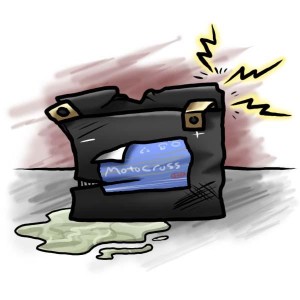
Heat is a major battery killer because it makes the batteries work harder. Battery is an electrochemical device that converts chemical energy into electric energy.
Batteries are affected by humidity and temperature. If they are too hot or cold, they will exhibit behavior that is incongruent to their normal specifications. This is not a manufacturer’s defect but a consequence of using the battery in an environment that is not conducive to its specification.
If batteries are exposed to excessive temperature, they will stop working, bulge, bubble, create sparks and flames, damage your device, or blowup. Extreme heat can lead to battery corrosion that shortens the average car battery life.
Temperature effects
Chemical reactions are driven by voltage or temperature, so the hotter the battery is, the faster the chemical reaction will occur. While increased temperature can provide increased performance, the rate of unwanted chemical reaction will go up, resulting in loss of battery life.
Adverse chemical reactions such as gassing, corrosion, and passivation of electrodes are some of the common causes of reduced life cycles. Even batteries designed for high-temperature chemical reactions are not immune to heat induced failures due to parasitic reaction within the cell.
Excessive heat and overcharging are the most common causes of decrease in battery life because heat can make the battery fluid evaporate faster, causing internal damage to the structure of the battery.
Related Articles:



